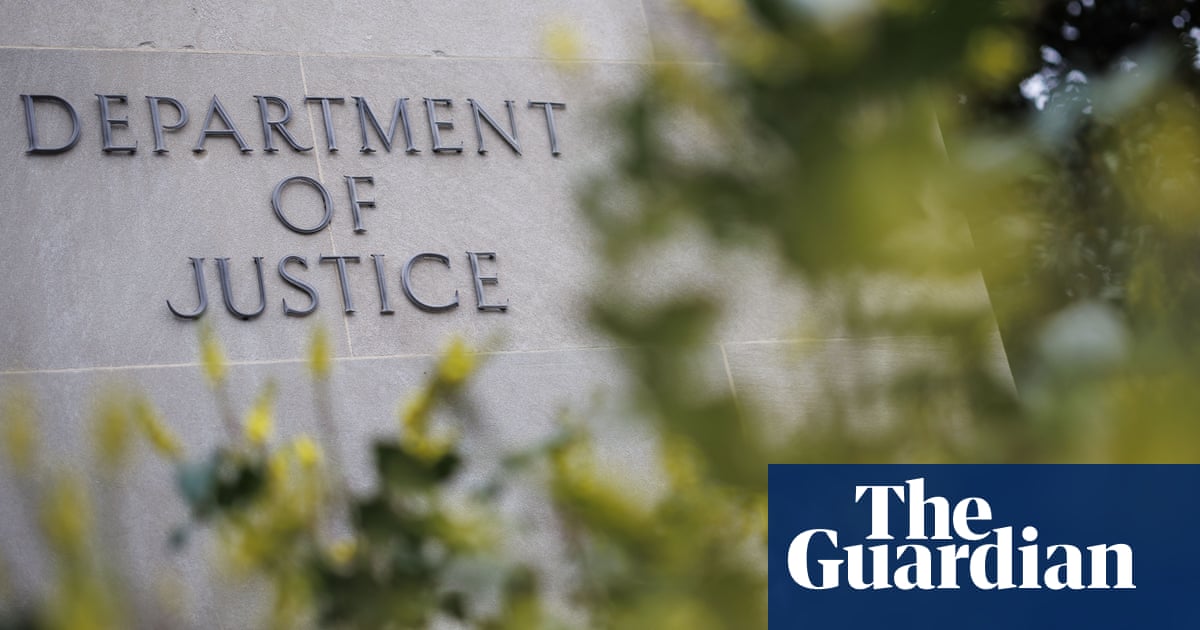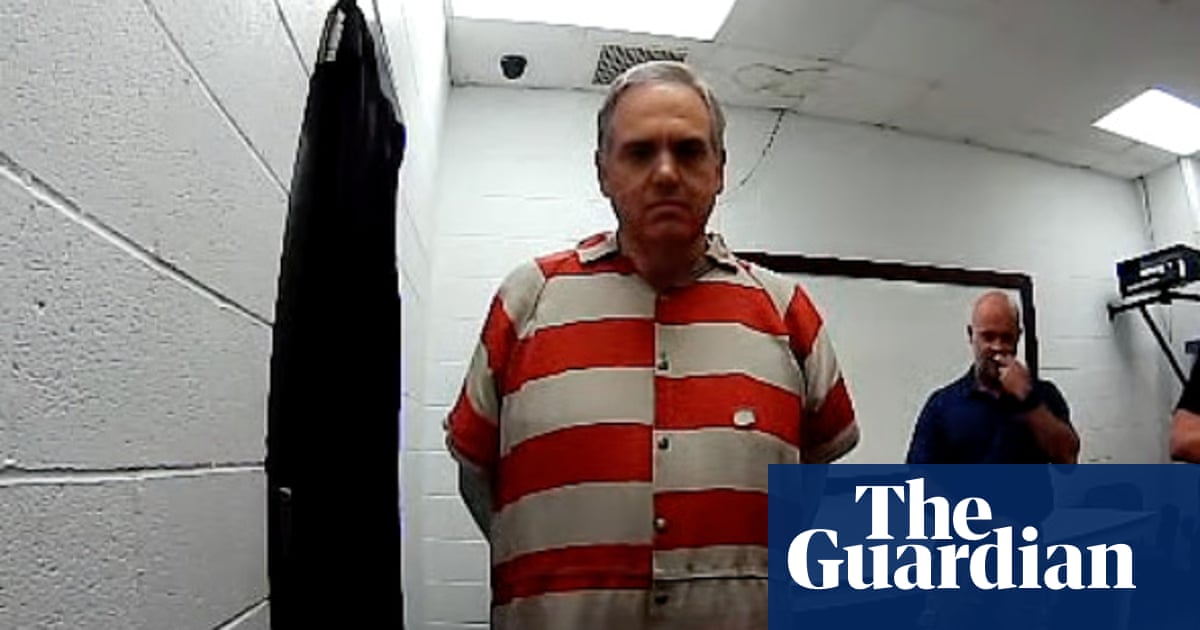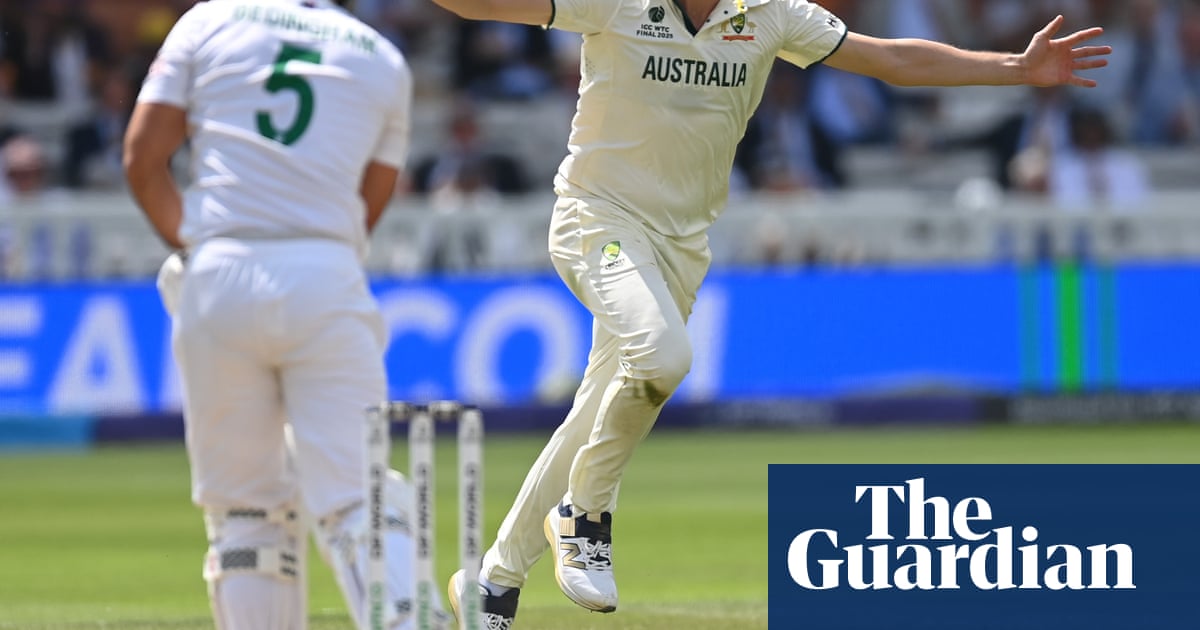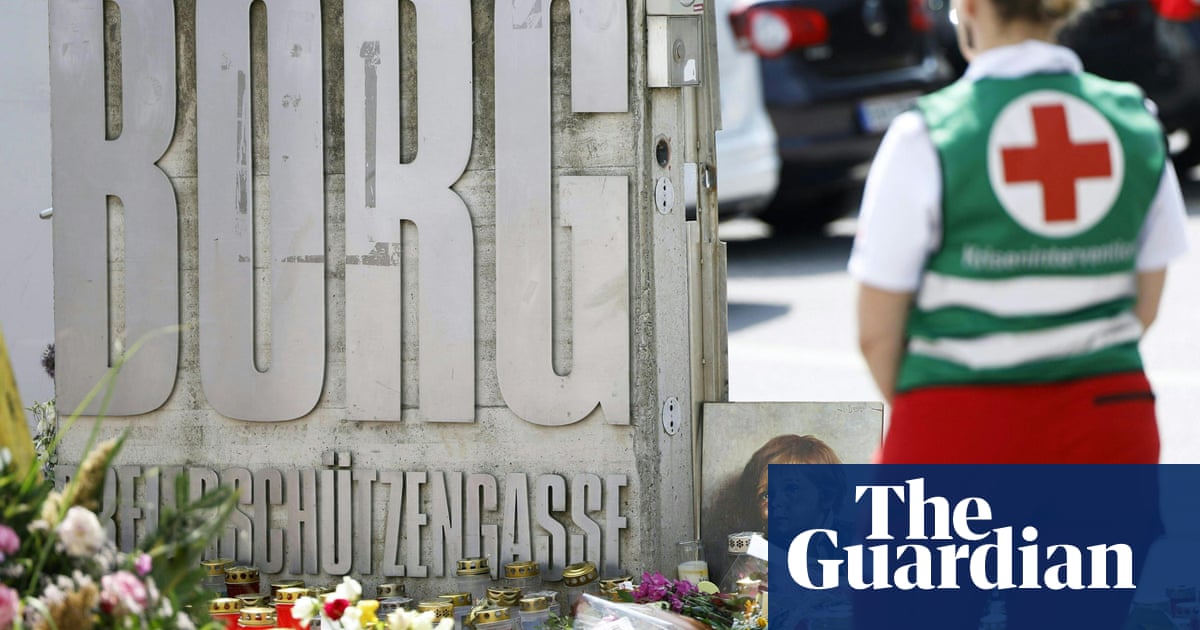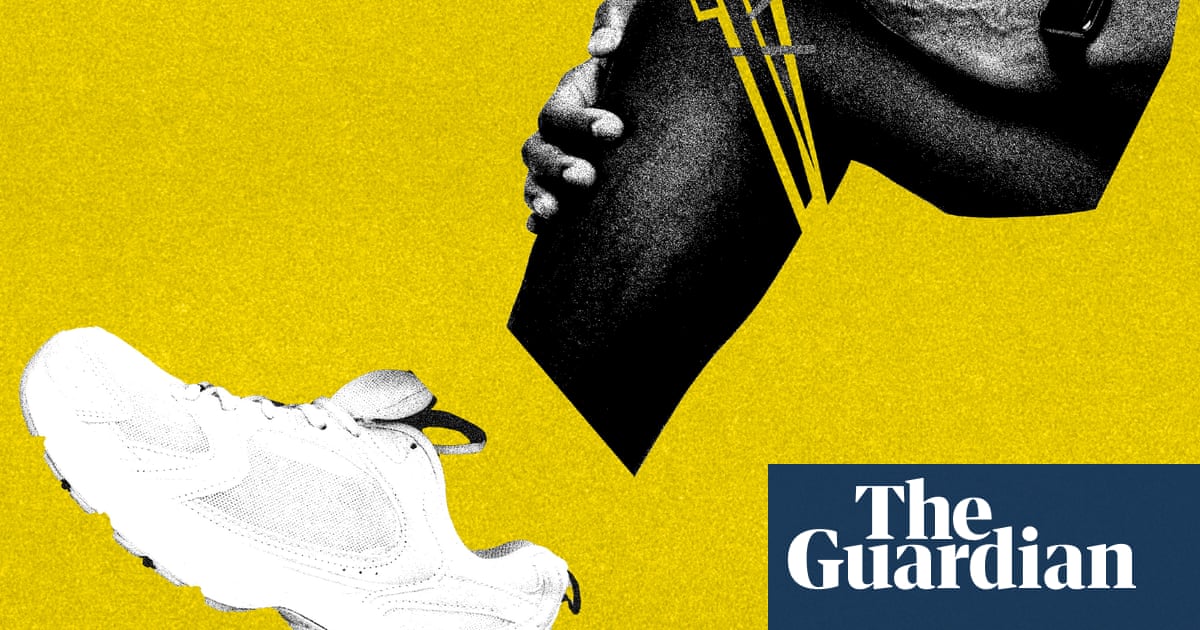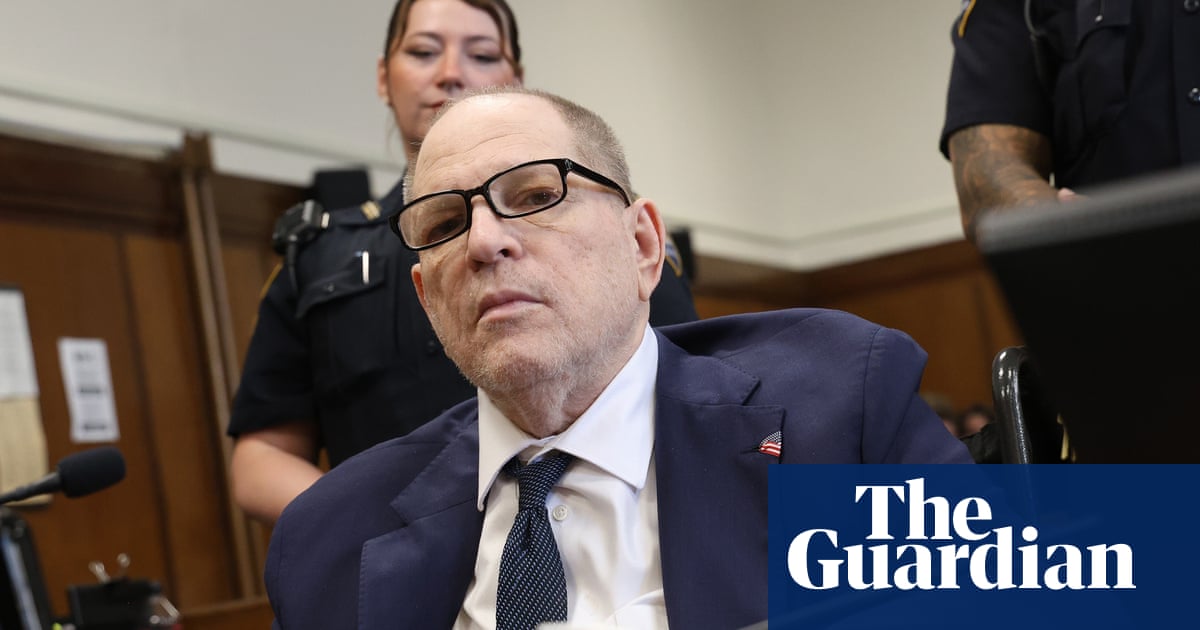It doesn’t take long to realise that one of England’s greatest attacking minds is still as sharp as ever. Asked what is keeping him busy at the moment, Brian Ashton, now 78, shoots back: “Staying alive.” There are many ways to emphasise how long it has been since Bath won the title but a two-word riposte from the man who led them to the league and cup double in 1995-96 does it better than most.
It is well documented that the dawn of professionalism was not kind to Bath, how it both enabled their rivals to catch up and derailed the country’s dominant side in the following years. As the former full-back Jon Callard has put it: “Bath got lost in professionalism, sometimes players forgot the value of the shirt.” In the final throes of the amateur era, however, Bath were the trailblazers.
Their 1995-96 campaign is a remarkable thing written down – record points (575) and tries scored (68) in 18 matches – but listen to Ashton reflect on a season when they finished a point ahead of Leicester in the table, before edging past them at Twickenham a week later, and the legend comes to life.
Perhaps the best place to start is at the end, the final day of the league season when Bath hosted Sale knowing that with victory they would get their hands back on the title they had won in four of the preceding five years. Romping to a 32-12 half‑time lead, Bath had one hand and four fingers on the trophy. Forty minutes later Sale were level at 38-38 thanks to a last-gasp try from Chris Yates, converted by Rob Liley.
As a result, a Leicester win against Harlequins would ensure the Tigers retained the title but behind 19-21 and with a late penalty for victory, John Liley, Rob’s brother, was off target. Bath had squeaked home. “Well, the Liley brothers couldn’t have it all their own way, could they?” says Ashton. “It would have been an interesting conversation between them later on, though.
“There was a feeling of relief but also of genuine excitement. I’ve read that we scored a ridiculous number of tries in the second half of the season. We felt like we had gone a pretty long way to fulfilling what we had set out to do. Because of the way we pursued that we probably had a couple of blips along the way that we might have avoided if we had been a bit more pragmatic but, when you look at the players who were playing, pragmatism doesn’t sit easily alongside that back division. And neither should it.”
Ashton waxes lyrical about the backs. Tony Swift was recently retired but joining Callard in the back three was Adedayo Adebayo, Jon Sleightholme and Audley Lumsden. Scotland’s scrum-half Andy Nicol was enjoying his first season with the club after overcoming a knee injury and Mike Catt, the England full-back, was given the keys to No 10. “Catty could play anywhere across the back line,” Ashton says but when describing his centres, Phil de Glanville, the captain, and Jeremy Guscott, he really starts to purr.
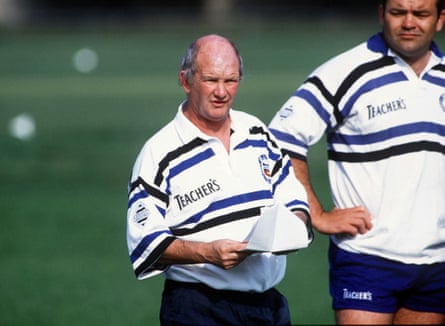
“From a personal point of view, it was nice to have a captain in Phil who was playing in midfield,” Ashton says. “My mindset was that we might need someone with more of a panoramic vision of what was going on than some of the forwards might have. And Jerry could do things that other players couldn’t do and make it look so easy.”
The forwards packed a punch, too. A back row featuring Andy Robinson, Steve Ojomoh and Ben Clarke was formidable while Kevin Yates and Victor Ubogu, packing down either side of Graham Dawe, ensured Gareth Chilcott’s retirement was dealt with seamlessly. In the second row Martin Haag and Nigel Redman were the piano-shifters while Ashton’s beloved backs played such memorable tunes.
Even at the fag-end of amateurism, perhaps even because of it, the players were empowered. Ashton missed around 10 matches across the season because he was still teaching at King’s Bruton school in Somerset. “Still had to earn a living,” he says, adding: “It fitted in perfectly with my player-led coaching purpose!”
Ashton recalls the determination to implement a swashbuckling style that season as evolution rather than revolution, designed to suit the players at his disposal. And he knew he was on to a good thing after beginning pre-season with a 62-19 victory over Garryowen. It set the tone for a ferociously fast start to the league season. Away victories against Leicester, Wasps and Harlequins led the Bristol Evening Post to declare the title race was “all but killed off” while, after a 50-point hiding at the Rec, Bristol’s Kyran Bracken was effusive. “They were just out of this world,” he said. “Bath are playing the sort of rugby the All Blacks have been playing.”
after newsletter promotion
That the title race did ultimately go down the wire is testament to the tenacity of the Tigers, who exacted revenge on Bath for their home defeat by edging home at the Rec – and a defeat against West Country rivals Gloucester. Ashton acknowledges that his insistence on playing a certain way was no doubt to blame, but stands by his decision.
The irony is that the victory with which Bath completed the double was one of the more forgettable performances of the season. It took a penalty try to clinch a 16-15 cup victory at Twickenham – a sell-out crowd will be hoping for more of a spectacle on Saturday – in an ill-tempered match in which Neil Back, in particular, lost his cool at full time.
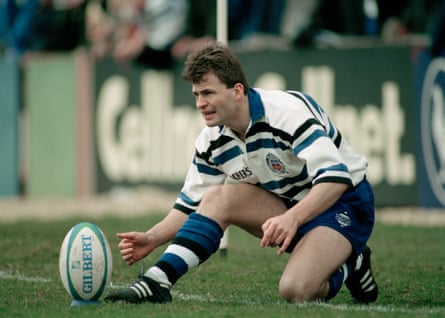
“Bath and Leicester were the two sides pushing to win trophies but bizarrely – and the final was like this – they weren’t great games to watch, Ashton says. “If you want a close scoreline of course they were but if you want to sit back and enjoy what I would call proper rugby, they weren’t.”
If Bath needed bringing back down to earth it came just a week or later when locking horns with Wigan in the Clash of the Codes. A game of league at Maine Road was followed by a match of union at Twickenham. It was a Wigan side boasting Martin Offiah, Jason Robinson, Shaun Edwards, Andy Farrell, Henry Paul and Va’aiga Tuigamala and they racked up a thumping 82-6 win in Manchester. “I was a Wigan fan so I knew what was coming,” remembers Ashton, before revenge was exacted at Twickenham. Dynasties have risen and fallen since then. Some you can see coming a mile off – Saracens’ emergence felt inevitable such was the quality littered among their class of 2008 but so too their dethroning when Owen Farrell et al all moved on. Ashton, however, does not feel like Bath’s slide was obvious at the time.
“I look at a photo of the side who won the cup and there were some great players. It’s probably been well chronicled that the changeover from amateur to professional was not handled by Bath as well as it was by some of the other teams. I left halfway through the season because I found it quite difficult, but there’s a lot of water under the bridge now.”

 1 day ago
12
1 day ago
12



